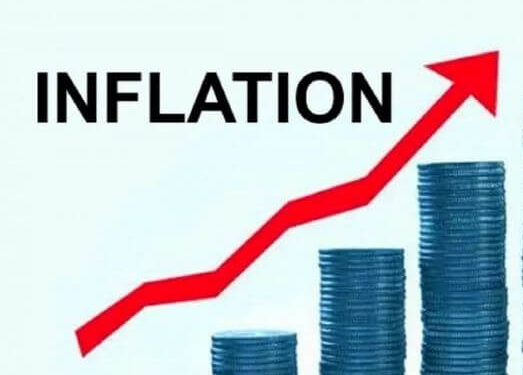Remittance inflows have increased significantly, according to the Central Bank of Nigeria, reaching $553 million by July 2024. According to the statement, the sum represents a 130% increase from the same period in 2023.
The amount signified the largest monthly total inflows on record, according to a statement released on Tuesday by the acting Director of Corporate Communications at the apex bank, Sidi Ali. The statement also highlighted the CBN’s continuous efforts to improve liquidity in Nigeria’s foreign exchange market.
The statement read, “The CBN has reported a significant increase in remittance inflows, reaching $553m in July 2024, a 130 per cent increase from the corresponding period in 2023. This figure represents the highest monthly total inflows on record and reflects ongoing efforts by CBN to enhance liquidity in Nigeria’s foreign exchange market.”
The statement clarified that the CBN’s regulatory initiatives to improve foreign exchange market liquidity in Nigeria were the cause of the notable increase in remittance receipts.
Furthermore, it stated that remittances from Nigeria’s diaspora have continued to be a vital source of foreign money, supporting both portfolio investments and foreign direct investment.
It said, “These measures included granting licenses to new International Money Transfer Operators, implementing a willing buyer-willing seller model, and enabling timely access to naira liquidity for IMTOs.”
“Diaspora remittances are a crucial source of foreign exchange for Nigeria, supplementing both foreign direct investment and portfolio investments.’
According to the CBN, these inflows have continued to rise as a result of its activities, which are in line with the organization’s goal of doubling official remittance receipts in a year.
The statement added, “The increase in remittances is a strong testament to the success of the CBN’s ongoing efforts to bolster public confidence in the foreign exchange market, strengthen a robust and inclusive banking system, and promote price stability, which is essential for sustained economic growth.”
For the first time in 19 months, Nigeria’s headline inflation rate decreased year over year in July 2024, according to recent statistics from the National Bureau of Statistics.
The development, according to CBN, is unmistakable proof that its efforts to tighten monetary policy are having an impact.
“The CBN anticipates that these measures will contribute to achieving its broader objective of maintaining stability in the foreign exchange market. The Bank will continue to monitor market conditions and adjust policies as necessary to enable greater remittance flows into Nigeria,” the statement added.
In a related development, the bank reported that the nation’s inflation rate dropping in July was an indication that its monetary policies were starting to take effect.
The CBN emphasised this development as proof of the efficacy of its policies for bringing the economy under control and containing inflationary pressures.


 VenturesNow2 days ago
VenturesNow2 days ago
 Politics2 days ago
Politics2 days ago
 VenturesNow2 days ago
VenturesNow2 days ago
 VenturesNow2 days ago
VenturesNow2 days ago





























